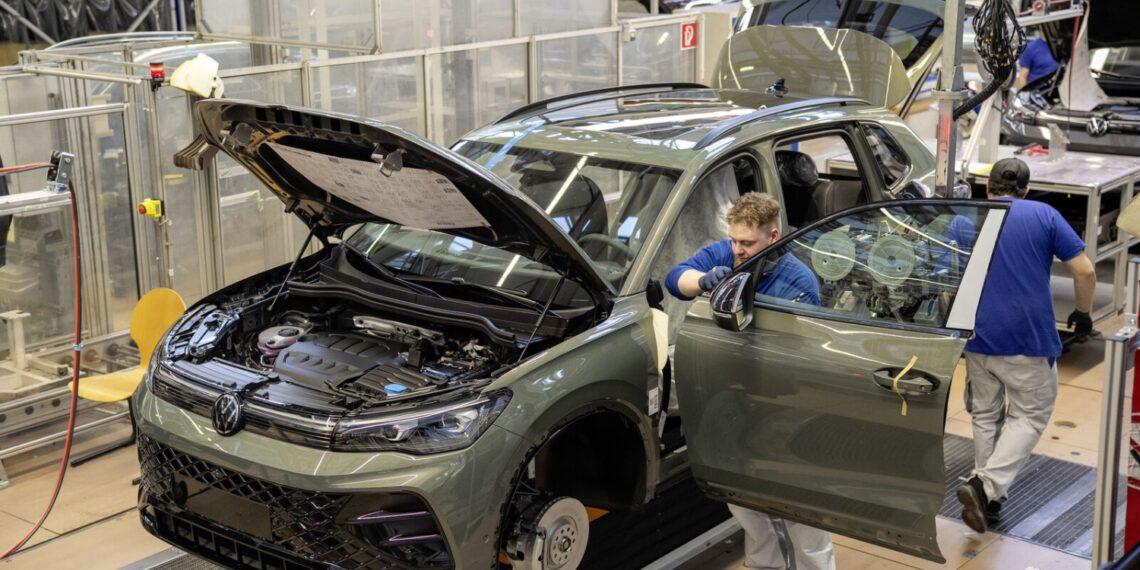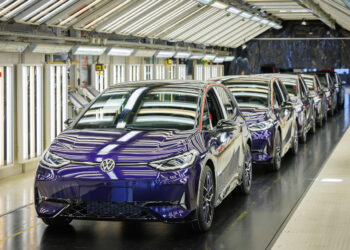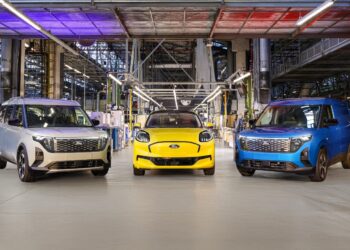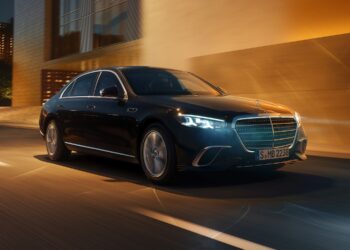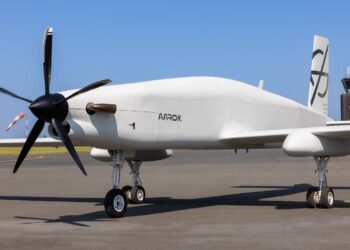The profits of the VW Group after taxes fell by more than a third in the second quarter of 2025. The profit declined by 36.3% compared to the previous year, to €2.29 billion, as announced by the German group.
The largest car manufacturer in Europe emphasizes that high costs resulting from increased import tariffs in the U.S., restructuring provisions at Audi, VW Passenger Cars, and Cariad, as well as expenses related to CO2 regulations, were the main reasons for the profit decline.
In this way, the VW Group has lowered its business expectations for the year 2025: the group now expects only that sales will remain at the previous year’s level, against a forecast of an increase of up to 5%.
The company assumes that import tariffs on new vehicles for the U.S. will remain at the lower end of its expectations if tariffs stay at 27.5%. In the best-case scenario, the group forecasts a tariff of 10%. “There is a high degree of uncertainty regarding the future development of the tariff situation and its effects and interactions,” the company stated in a press release.
However, Oliver Blume, the company’s CEO, remains optimistic, as VW remains economically stable in an extremely challenging environment. “This is based on the success of our new products. We have significantly improved design, technologies, and quality, and made significant progress in software. In a globally challenging market environment, our sales figures remain stable.”
In Europe, the Group also saw its leadership position in electromobility grow, with a market share of 28%. “Our order books are well filled. Driven by our ongoing product offensive and consistently strong demand, we expect this positive trend to continue in the second half of the year”, said Blume.
VW also highlighted the strong demand in Western Europe, which showed a significant increase compared to the same period last year. This increase in demand was driven by new models of all types of propulsion, including the VW ID.7 Tourer, Skoda Elroq, and Audi Q6 e-tron.

